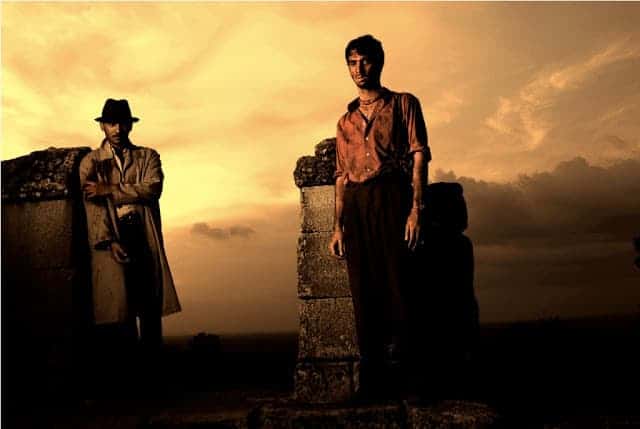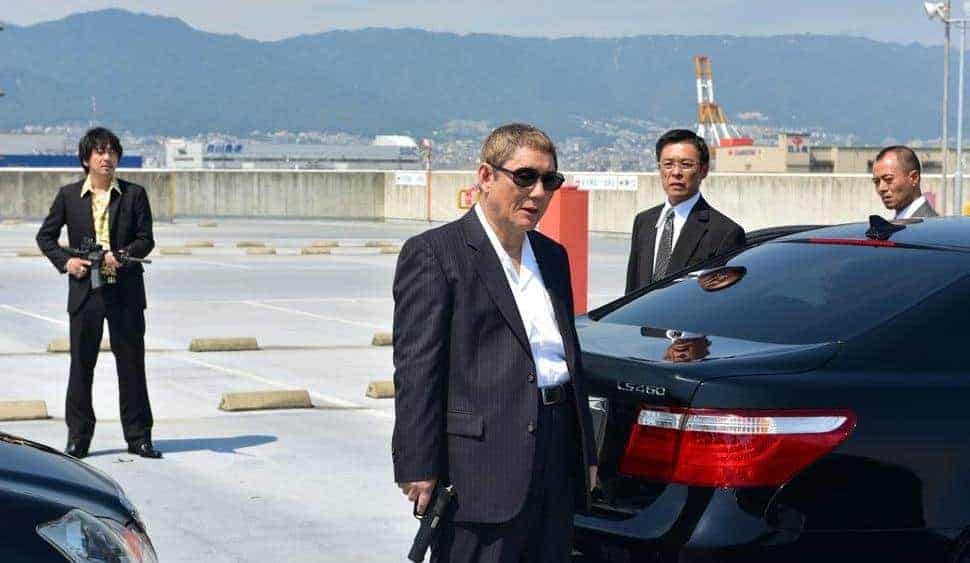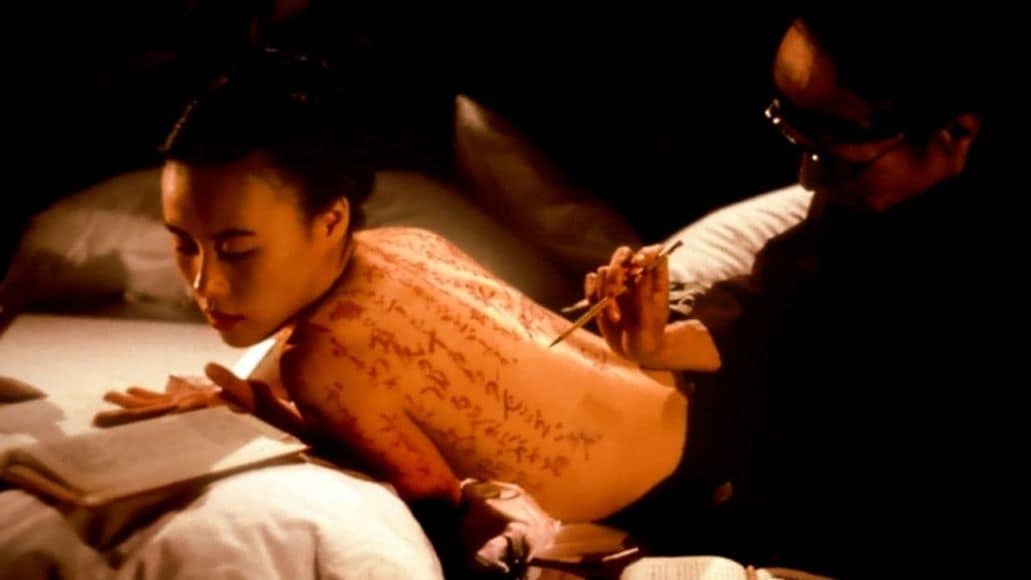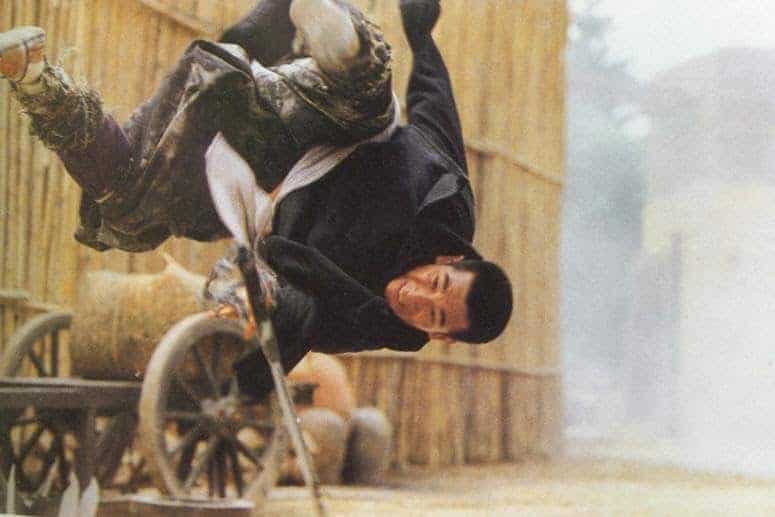Shot in only 28 days, a magnificent accomplishment when one considers the technical quality of the film, Joko Anwar's second film was a great prelude of what was about to follow. “Kala” was a big success, both locally and internationally. Sight & Sound picked the film as one of the year's best and also named Anwar as one of the smartest filmmakers in Asia. The film was screened in numerous film festivals and won a Jury Prize at the New York Asian Film Festival.
The story takes place in an unnamed country, where corruption of the politicians and the continuously growing power of the mafia have led to social turmoil. In this, highly unsteady setting, Eros, a police detective is investigating a case where five men were burned to death by a mob. Janus is a narcoleptic reporter who also investigates the same case and tries to interview the wife of one of the victims. Furthermore, his life is in shambles since, due to his sickness, he is fired from work, and his wife is petitioning for a divorce. His luck seems to change (not for the best though) when he listens to the name of a mysterious location during a conversation with his friend, Soebandi, and the same happens to the people around him. As the two main characters eventually interact, a complex case is revealed, that involves the mafia, politicians, the police, myths and the supernatural.

Joko Anwar directs and pens a very complex story, which unfolds in two axes, each one corresponding to each of the two protagonists. However, as the script progresses, more and more characters seem to get involved, and more elements seem to pile up, to the point that the story becomes quite difficult to follow after some time. Anwar obviously had a lot to say, and the messages about the political situation in Indonesia at the time, and human nature are quite clear, but as the film progresses, it becomes obvious that the only way to untie all the knots is through the supernatural. This, however, does not mean “Kala” becomes tedious at any point; to the contrary, the movie flows quite well, in all of its duration, as Wawan I. Wibowo makes a great work in the editing department, and Anwar's direction keeps the agony to the maximum, with the help of a number of horror elements.
In terms of style, the film is absolutely magnificent. The noir setting is wonderfully implemented by the collapsing buildings, the rundown apartments, the dark and soaked with rain streets, even the highly artistic library, with the impressive floor motif. In that fashion, Rahmat Syaiful's cinematography is a thing of beauty, with him presenting a plethora of impressive images from various locations, with an artistry that cannot be explained by the meager budget and the time he had in order to shoot all of them. Anwar keeps the atmosphere agonizing and disturbing, particularly through the elaborate use of light and sound, that both accompany the noir-horror aspect of the film to perfection. Haris Khaseli and Aghi Narottama's music is also great, with a number of violin tracks heightening the sense of agony even more.

The acting is also on a very high level, particularly due to the two protagonists. Ario Bayu as Eros plays the archetype of the tough, noir-type detective, but eventually is revealed as a homosexual, as Anwar plays with (and even mocks, one could say) the rules of the genre. Fachry Albar is impressive as the narcoleptic Janus, who initially looks somewhat stupefied by the events that unfold in his life (and the fact that he is narcoleptic that is). His transformation, during the end, though, is even more impressive.
“Kala” is an elaborate film, despite the limitations of its production, that will satisfy both the fans of the noir, and the ones of the violent, supernatural horror/thrillers.















